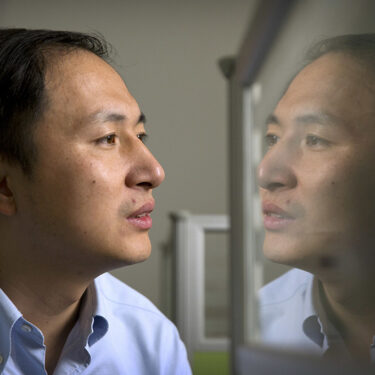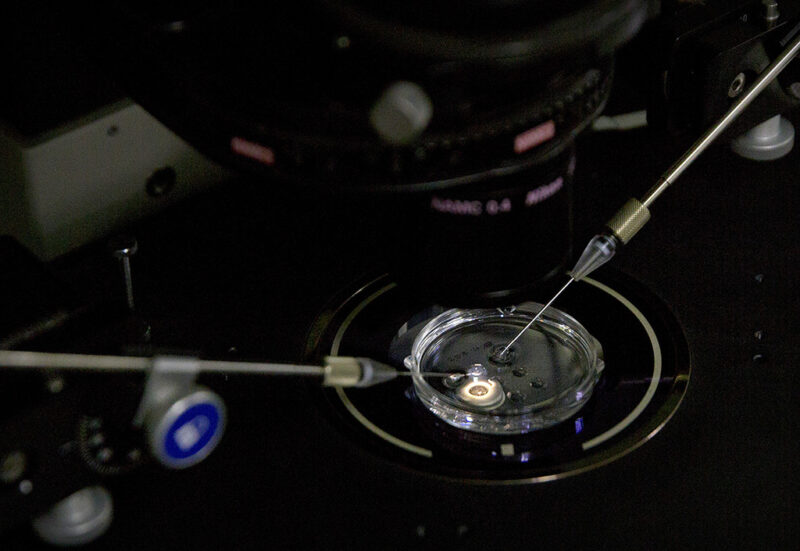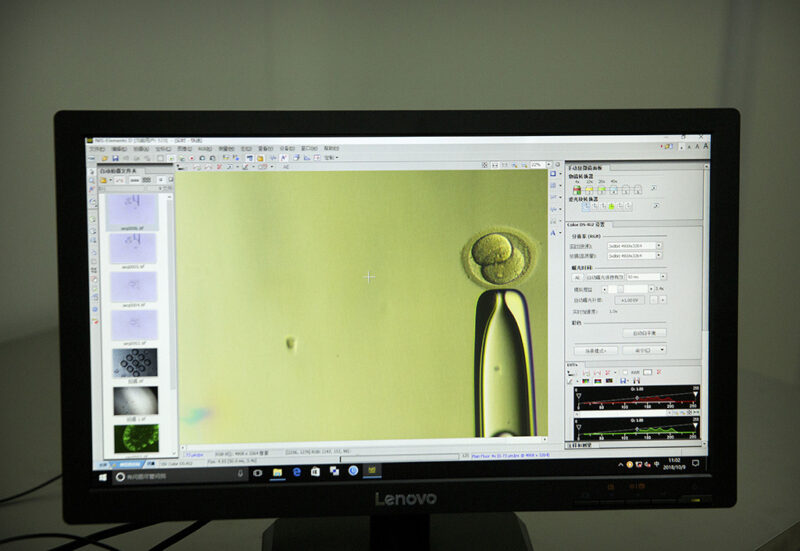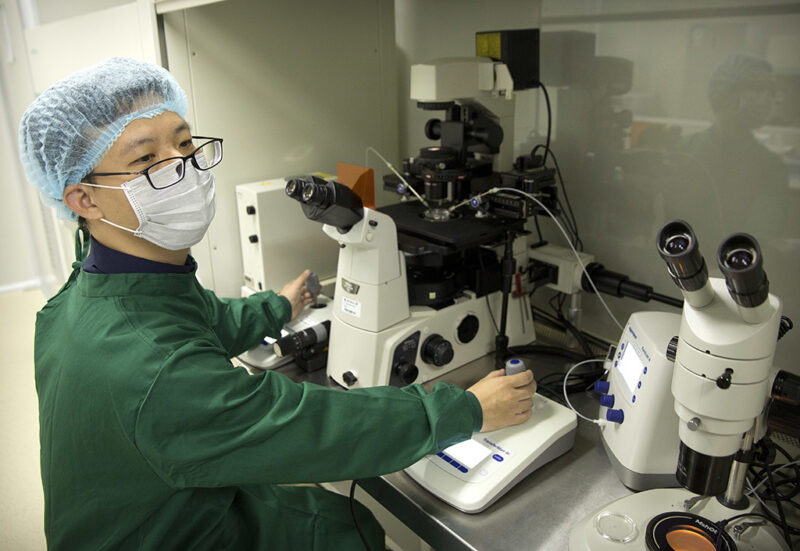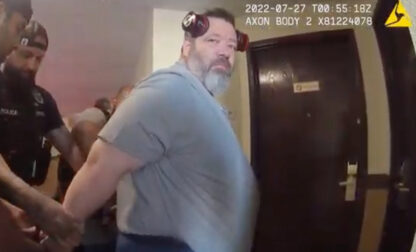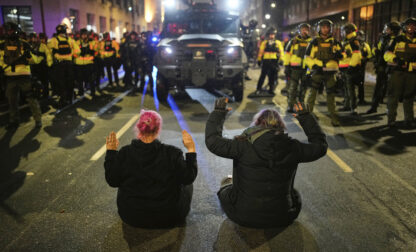When a source told AP’s chief medical reporter Marilynn Marchione that a Chinese researcher had edited the DNA of several human embryos and implanted two into a woman, their conversation launched an aggressive but delicate reporting effort by AP journalists in the U.S. and China. That reporting led to the AP’s exclusive coverage of one of the most important and controversial claims in medical and science history. It was nothing less than an attempt to alter the trajectory of human heredity.
Over the next three weeks, Washington-based science writer Christina Larson and Beijing staffers – videographer Emily Wang, researcher Fu Ting and photographer Mark Schiefelbein – set out to interview the researcher and his colleagues in Shenzhen and Beijing, while Marchione and New York videographer Kathy Young worked the story from the U.S., including convincing the researcher, He Jiankui of Shenzhen University, to share his data so it could be vetted with independent experts. Without that data, AP was unwilling to publish the story.
He’s claim raised a laundry list of concerns: Could it be a hoax? Did he accomplish what he said he did? Why would he choose to try to edit a resistance to the HIV virus,when there are far less risky ways to prevent transmission? Did the participants know what they were getting into? Had he sought approval from ethics boards?
After talking with current and former colleagues and outside scientists,it became clear that his claim,while unverifiable,was plausible given He’s training,prior work,stated ambitions and that the science of editing embryos had been already proven. AP knew it would be worthwhile reporting the claim, because the claim itself would be major scientific news.
Just days before the start of an international gene editing conference in Hong Kong,news of the project was starting to leak out. The MIT Technology Review reported that a trial on humans might be underway in China,based on an entry in a registry of trials. That prompted calls from other media to He. Knowing that the story was unlikely to hold, the AP moved to publish the package on Sunday night of the week of the conference opening. He’s claim of the world’s first gene-edited babies made headlines worldwide.
In the AP story,He sought to explain his experimentation:
“I feel a strong responsibility that it’s not just to make a first,but also make it an example,” said He,who studied at Rice and Stanford universities in the United States before launching his project secretly in China. “Society will decide what to do next” in terms of allowing or forbidding such science,He told the AP.
Many scientists,including the inventors of the gene-editing technology He used,were astounded to hear of the claim from the AP and strongly condemned it. Both Rice and the Chinese university that He was affiliated with launched investigations. A group of more than 100 Chinese scientists called for a ban on further work of this kind in China.
It’s “unconscionable … an experiment on human beings that is not morally or ethically defensible,” said Dr. Kiran Musunuru, a University of Pennsylvania gene editing expert and editor of a genetics journal.
AP Exclusive: A Chinese researcher claims that he helped make the world’s first genetically edited babies, @MMarchioneAP reports. I helped on this story, as did @emfwang @FuTingBJ: https://t.co/dtHuY1NQef Watch this space for future news & developments @AP @APHealthScience
— Christina Larson 可心 (@larsonchristina) November 26, 2018
The story elicited a similarly strong response from customers and readers. AP’s reporting was credited or linked to by at least 44 media outlets,including the New York Times,Washington Post,BBC News,Bloomberg,Reuters and Buzzfeed. Axios led its “Monday Top 10” with the story,and it spawned more than a dozen Reddit conversations.
It was by far the most read story on APNews over the week,at more than half a million page views. AP’s video received 248 downloads including by the NYT,Al Jazeera Plus,Bloomberg Television,Australian Broadcasting Corp.,and ABC News. The story spawned requests from outside media for interviews,including BBC World Service,Slate,and even from a popular sports podcast on ESPN,which highlights the story’s broad appeal.
For responsibly breaking a story in all formats of a major scientific claim while exploring the ethical quandaries that He’s research has raised,Marchione,Larson,Wang,Young, Ting and Schiefelbein earn AP’s Best of the Week.

